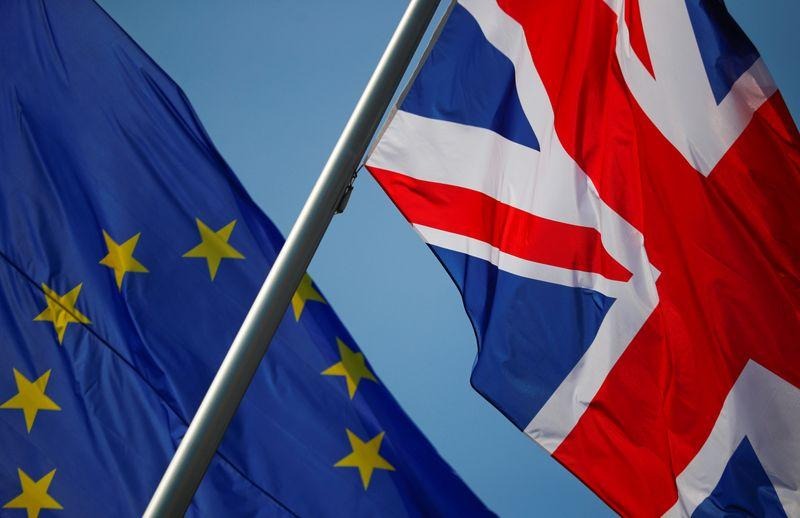Britain and the European Union will hold emergency talks on Thursday over Prime Minister Boris Johnson’s plan to undercut parts of the Brexit divorce treaty, with Brussels exploring possible legal action against London.
After Britain explicitly said it would act outside international law by breaching the divorce treaty, EU negotiators are trying to gauge how to deal with London.
Britain signed the treaty and formally left the EU in January, but remains a member in all but name until the end of this year under a status quo agreement.
European Commission Vice President Maros Sefcovic will meet British counterpart Michael Gove in London at 1200 GMT alongside scheduled trade talks between chief negotiators Michel Barnier and David Frost.
If the EU is unhappy with what London says, it could use a part of the Withdrawal Agreement to take legal action against Britain, though there would be no resolution before the end-of-year deadline for Britain’s full exit.
“The dispute-settling mechanism under the Withdrawal Agreement is there,” an EU diplomat dealing with Brexit told Reuters.
Two EU officials also involved in the talks said the Commission would analyse Britain’s proposed Internal Market Bill – which would override parts of the Withdrawal Agreement – once it is passed to take into account any amendments before making a final decision on the legal case.
“I think some of the more extreme interpretation of this is totally wrong,” British transport minister Grant Shapps told BBC radio. The British government says its planned law is merely clarifying ambiguities in the withdrawal agreement.
Britain has urged Brussels to accept the breach of the treaty or prepare for a messy divorce.
Talks on a new trade deal have snagged on state aid rules and fishing. Without an agreement, nearly $1 trillion in trade between the EU and Britain could be thrown into confusion at the beginning of 2021, a further economic blow as they try to limit damage from the coronavirus pandemic.
IRELAND
The latest dispute is over the British-ruled region of Northern Ireland, which shares a land border with EU member Ireland. Under the 1998 Good Friday peace agreement that ended decades of violence there, the border must stay open.
To ensure that, Britain’s EU divorce agreement calls for some EU rules to continue to apply in Northern Ireland. But Britain now wants power to override them, acknowledging this would violate international law.
U.S. House of Representatives Speaker Nancy Pelosi said any potential U.S.-UK trade deal would not pass the U.S. Congress if Britain undermined the Good Friday peace agreement.
“If the U.K. violates that international treaty and Brexit undermines the Good Friday accord, there will be absolutely no chance of a U.S.-U.K. trade agreement passing the Congress,” Pelosi said.
She said the accord would be “proudly defended in the United States Congress.”
European diplomats said Britain was playing a game of Brexit “chicken” by threatening to wreck the process and challenging Brussels to change course. Some fear Johnson may view a no-deal exit as a useful distraction from the coronavirus crisis.
Irish Prime Minister Micheal Martin urged Britain to drop its plan to breach the divorce deal, telling the Financial Times it was not clear now whether Johnson wanted a trade deal.
“The British government needs to move to restore trust and to give meaningful reassurance to the European negotiators,” Martin told the newspaper in an interview.
“Our colleagues in Europe, in particular those conducting the negotiations, are now wondering whether the will is there or not to arrive at a conclusion and get an agreement — and that is a very serious issue.”


